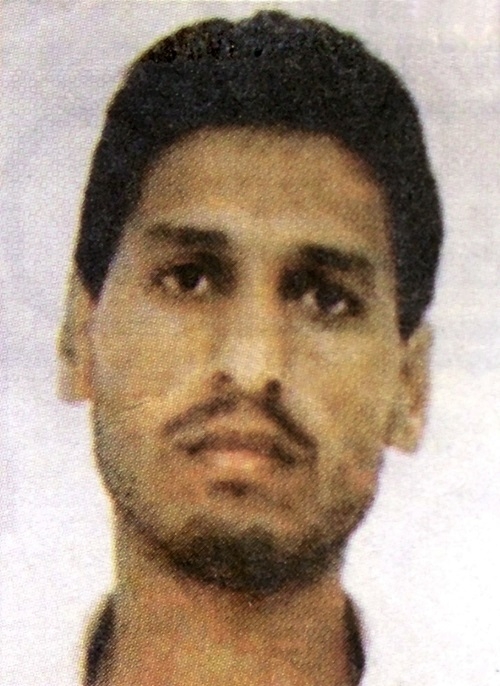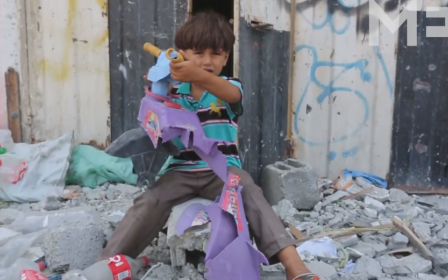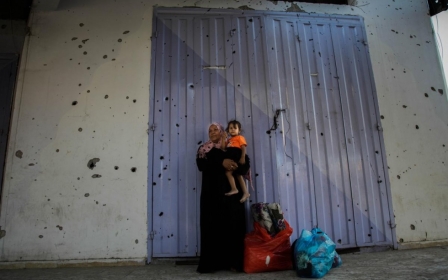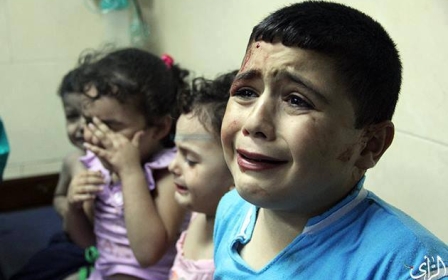Profile: Hamas's Qassam Brigade head Mohammed Deif
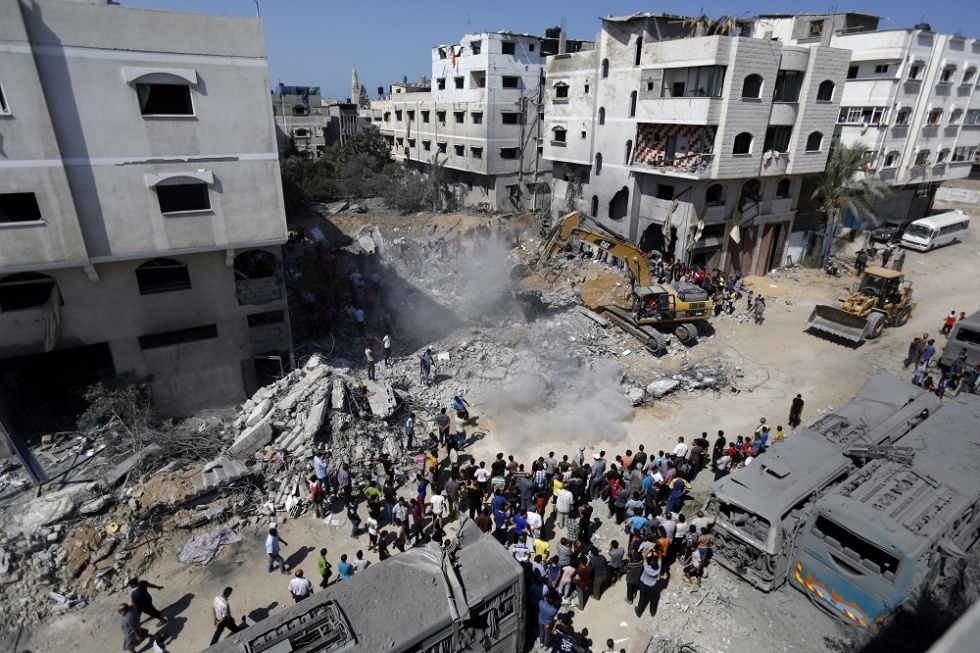
Mohammed Deif has been the head of Hamas’s armed wing, the Izz al-Din Qassam Brigades, since 2002.
On Israel’s most wanted list for years, he has survived at least four previous Israeli assassination attempts - including one which is said to have left him blind in one eye and caused him to have some of his limbs amputated.
Few know what Deif actually looks like now, with Israeli sources often describing him as wheelchair-bound, while Hamas has never commented on his health, insisting that Deif remains in full control of the Qassam Brigade.
"The wife of the great leader was martyred with his daughter," Hamas's exiled deputy leader Moussa Abu Marzouk wrote on his Facebook wall on Wednesday.
Israel has been looking for "an excuse to target a big Hamas leader," he added, while not directly mentioning Deif’s condition. The Israeli Army has admitted to targeting Haif, but other than that has stayed largely tight-lipped about the incident.
Specific politicans, however, have spoken out about the attack.
"Mohammad Deif deserves to die just like [Osama] bin Laden. He is an arch murderer, and as long as we have an opportunity, we will try to kill him," Interior Minister Gideon Saar, told army radio.
Wanted dead or alive
Deif was born in Khan Younis in southern Gaza at some point in the early 1960s. He joined Hamas around the time of the first Intifada in 1987 and was arrested by the Israelis for his activities in 1989.
According to Reuters, he spent more than a year in an Israeli jail but returned to Gaza in the early 1990s when he began rising up the Hamas ranks quickly.
Held personally accountable for the deaths of dozens of Israelis, Deif became Hamas’s military head in 2002, after his predecessor Salah Shehade was killed in a raid.
Since then, he has become known as the brains behind Hamas’s military strategy on the whole, and its network of underground tunnels in particular, making him a particularly high-prized target for Israel.
Deif has been accused by some of stoking tensions within the Hamas camp, and for promoting a tougher military line against Israel, which some analysts have suggested could have been infuriating recent peace talks in Cairo which collapsed on 19 August.
Ehud Yaari, an Israel-based fellow at the Washington Institute for Near East Policy, told Reuters that the Qassam Brigades remained "the main force" behind Hamas’s collective decision-making.
"Mohammed Deif has veto power, but he will not use it often," Yaari said, adding that Deif overruled Meshaal in accepting a previous truce that led to indirect Israeli-Palestinian talks in Egypt.
In a rare audio message aired on 29 July, Deif said Hamas should keep fighting until Israel’s blockade on Gaza was lifted.
"The occupying entity will not enjoy security unless our people live in freedom and dignity," Deif said.
Deif, however, is also often described as lacking political ambition, and wanting to keep himself confined to military affairs and strategy.
Stay informed with MEE's newsletters
Sign up to get the latest alerts, insights and analysis, starting with Turkey Unpacked
Middle East Eye delivers independent and unrivalled coverage and analysis of the Middle East, North Africa and beyond. To learn more about republishing this content and the associated fees, please fill out this form. More about MEE can be found here.


